An exhibition of works by Reuters photographer Stoyan Nenov is on at the Czech Cultural Centre in Sofia until 6 October. Nenov is holder of the prestigious Pulitzer Prize, together with his colleagues from the New York Times photography department. His photographs are connected with the drama of the hundreds of thousands of migrants flooding into Europe.
The photograph that brought Stoyan Nenov the Pulitzer is of a policeman trying to stop a migrant from boarding a train through a window at Gevgelija train station in Macedonia.

“I was not focusing on any particular person because that was something happening on any train starting from Gevgelija to the border with Serbia. So, there were hundreds of people trying to board the one, two or three trains running during the day. There were five-six Macedonian policemen trying to keep the situation under control. I wasn’t watching that man in particular, these things were happening all the time and in plain sight.”
Stoyan Nenov started his career with Democratsia newspaper, then went on to Bulgarska Armia (Bulgarian Army) and then – Standart newspaper. He has been with Reuters since 2003. Stoyan says that the stories he has been covering are no different to the stories covered by any of the agency’s photographers – in the sphere of politics, social conflicts, daily illustrations, weather etc. He says that photographs that are pure protocol may not be all that engaging but they are necessary. “I try to keep to the standards, such as they are. Requirements in photography are high, they have to cover all spheres for thousands of media that subscribe to the agency.”

The exhibition is called 1/320 Seconds - one of the most popular shutter speed settings. It is universal and guarantees a success rate of up to 90 percent for photographs of people in motion, as is the prize-winning shot from Macedonia. It is “people in motion” that are in the focus of Stoyan Nenov’s exhibition.
You say you don’t want to correct any of your photographs – we ask Stoyan Nenov. Actually, he says that such are the Reuters standards.
“The photographs have to be totally honest with viewers, they must show the situation exactly as it is. Speed is of the utmost importance and the system we work with means it is just two-three minutes from the moment the picture is taken to the moment it reaches the end user – the respective subscriber.”

The exhibition is part of the Fotofabrika (Photo Factory) festival, says Emmy Baruh, director of the festival. The idea to have such a festival belongs to curator Felia Baruh who has taken part in some of the world’s most prestigious photo forums. This idea brought together a group of enthusiasts who got down to work to turn it into a reality.
“So that was how the first, then the second, then the third festival came about,” says Emmy Baruh. “We had a host of famous photographers and collections taking part in the first and the second edition. They helped us a great deal, because they realized how important the festival was to us and did not ask for payment for their work.”

For example, in the first year of the festival one of the most lavish collections of Spanish photography – Alcobendas – put on display 90 of its expensive, prize-winning works without asking for any money.
“During the first, the second and the third year we mounted two modules. One comprises exhibitions at the National Gallery, the other – open-air exhibitions. They are by the foremost photographic agencies – Reuters, Getty Images, France Presse, DPA in the first year. We received their works with permission to put them on display for which we paid nothing. This year visitors were able to see the photos arranged on Lovers’ Bridge in Sofia. But we are expanding with photographs on display at the school of music, at secondary schools No. 20 and 120, where some of the world’s top Reuters and Getty Images photographs can be seen – coverage of the motto of this year’s festival – Conflicts.”

What will become of Stoyan Nenov’s photographs?
“They will be incorporated in the collection we shall be adding to the Fotofabrika fund. There is one more thing that is important to me – to help take the festival out of the capital city. There are so many cultural events taking place in Sofia. We are very pleased with the support we are getting from Sofia municipality, but it seems to me that the capital would do well to go out and mount events in towns outside of Sofia region. Last year we had events in Gabrovo and it was a pleasure to see the warm welcome people there extended us. We plan to put on display selections of the festival collections elsewhere in Bulgaria, we have already been invited to do so.”
English version: Milena Daynova
Photos from the exhibition: BTAFor the first time in Sofia, the British show STOMP will perform in Hall 1 of the National Palace of Culture (NDK) from 8 to 10 November 2024. The show, which combines dance, music and theatre, will present its infectious blend of rhythm, drama and..
A protest is being held tonight in front of the Ivan Vazov National Theatre against the premiere of the play Arms and the Man by Bernard Shaw, staged by John Malkovich , which will open at 7 p.m. "This play should not be staged at the National..
A Bulgarian production company will build a new film center worth EUR 15 million in the Sofia-Bozhurishte Industrial Park. The film center will span over 30,000 square meters. The contract for the sale of the land will be signed at the end of..
"Through his plays, Jean-Pierre Martinez strives to restore the prestige of comedy as a mirror held out to society" - the playwright's website states...
The 51 st Sofia International Book Fair opens today at the National Palace of Culture in Sofia. The forum, which will be on until 15 December, is..

+359 2 9336 661
